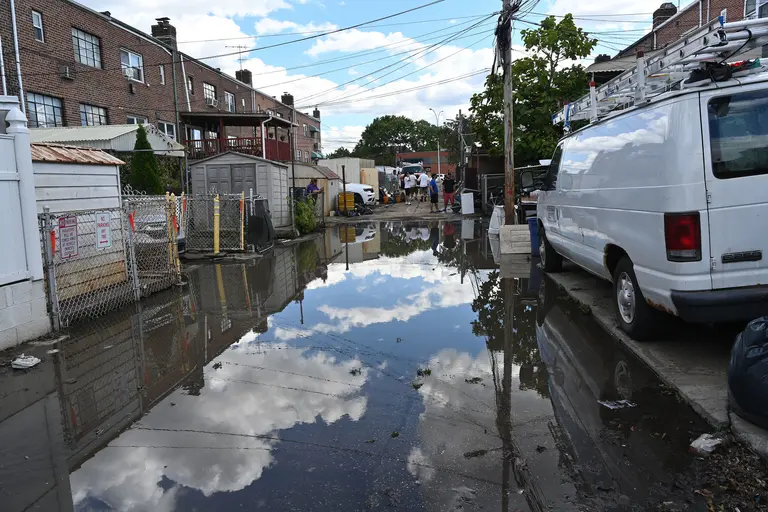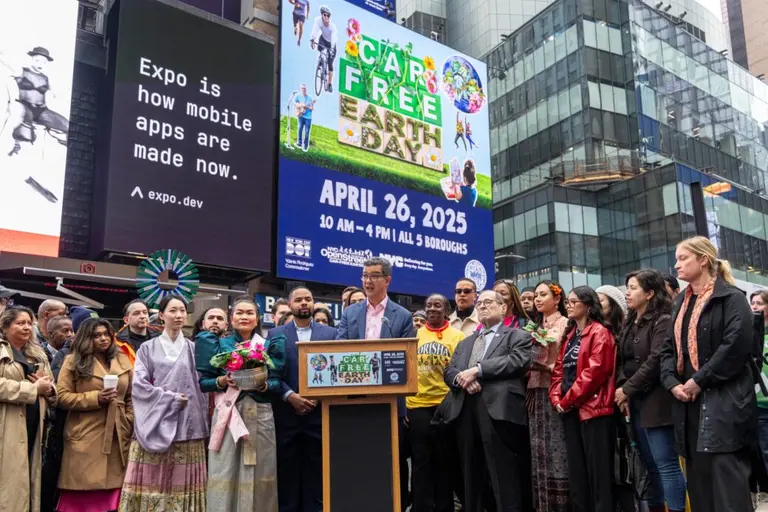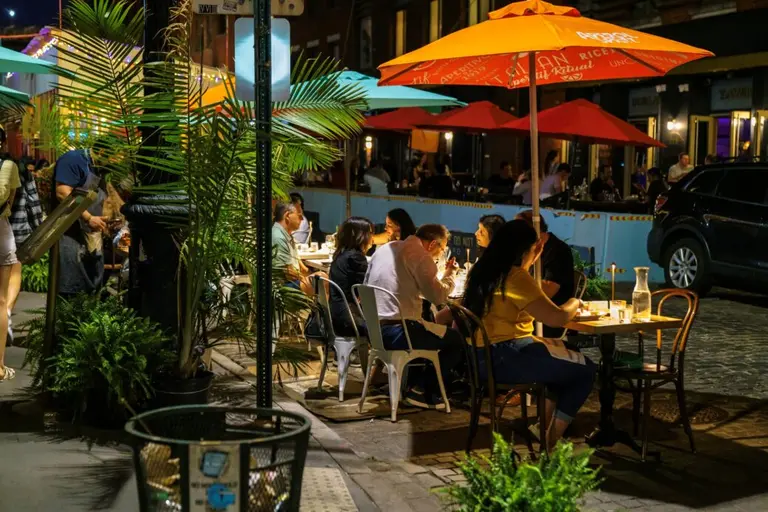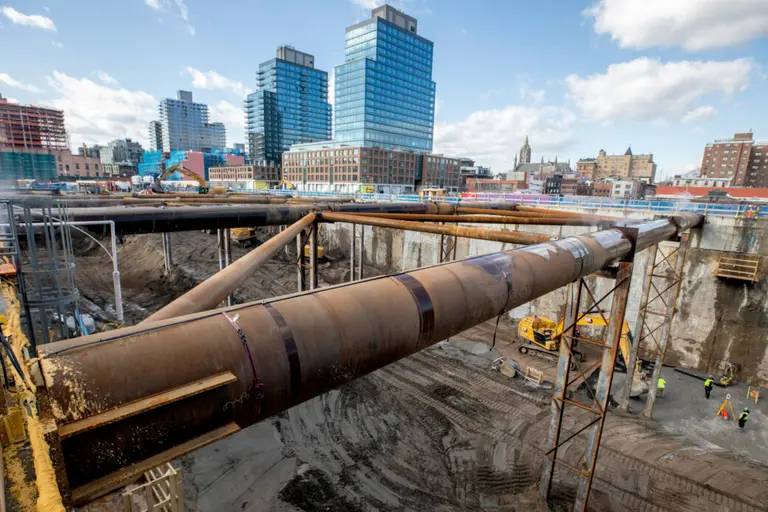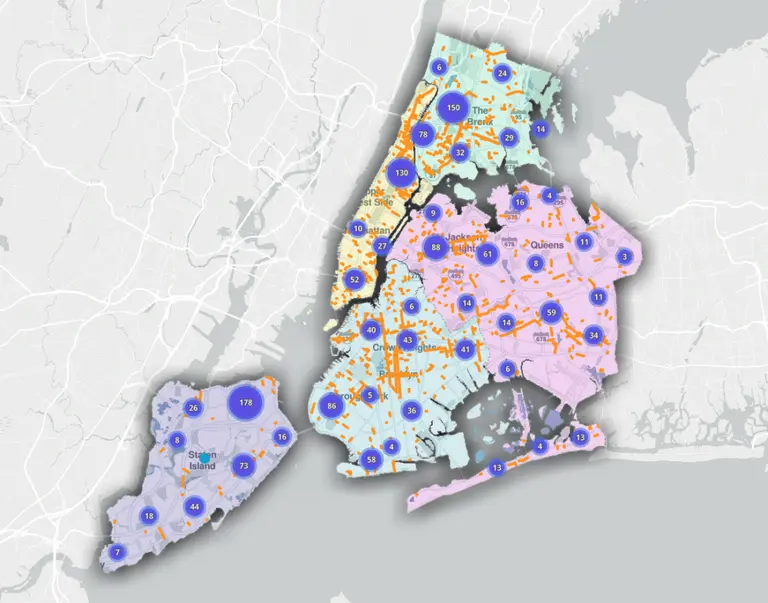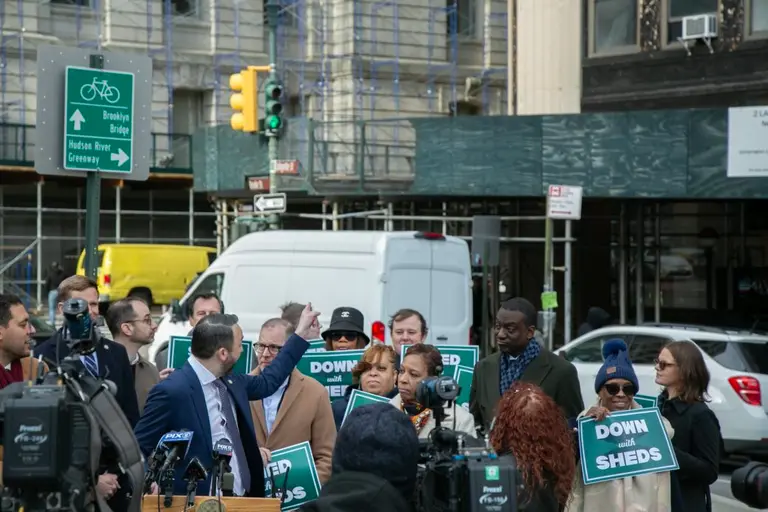NYC’s stabilized apartments to see rent hike for second year in a row
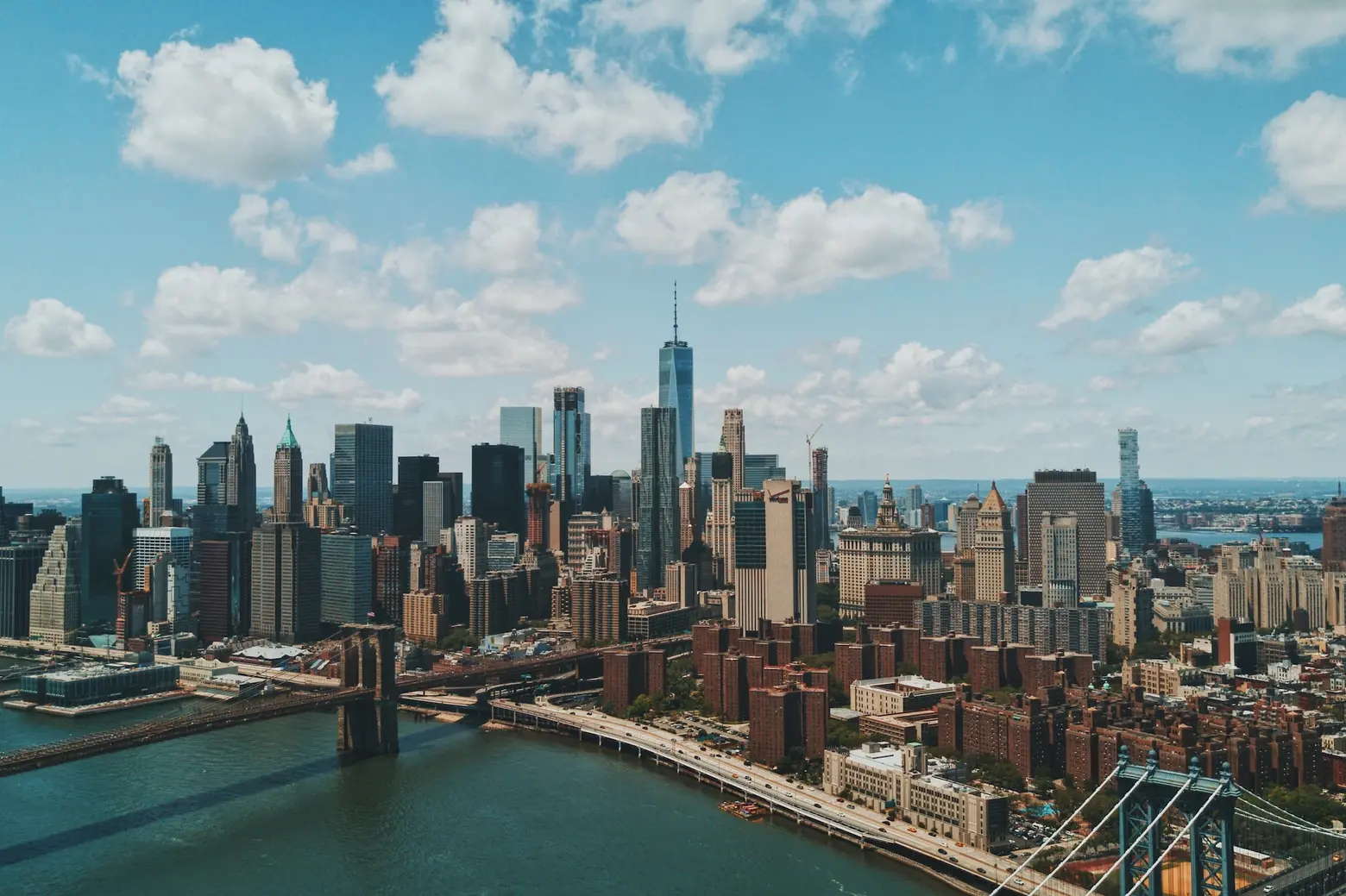
Photo by Patrick Tomasso on Unsplash
Rent will increase for the roughly two million New Yorkers who live in rent-stabilized apartments for the second year in a row. On Wednesday, the Rent Guidelines Board, the nine-member panel responsible for adjusting rent for the city’s rent-stabilized apartments, voted 5 to 4 in favor of raising rents on one-year leases by 3 percent and on two-year leases by 2.75 percent for the first year and 3.2 percent for the second year. The rent increases apply to leases starting October 1, 2023.
Last year, the RGB approved rent increases on one-year leases by 3.25 percent and increases on two-year leases by 5 percent. The rent hike was the most significant percentage increase NYC’s rent-stabilized apartments had seen since 2013.
In 2021, the board voted to freeze rents for six months followed by an increase of 1.5 percent for the next six months. At the height of the pandemic in 2020, the board voted to freeze rent for one-year leases and for the first year of two-year leases.
This year’s increase was expected. In a preliminary vote held in May, the board recommended an increase for one-year leases between 2 and 5 percent and increases on two-year leases between 4 and 7 percent.
Rent-stabilized tenants and tenant advocacy groups had called for a freeze or rollback on rent, while landlords demanded an increase to cover rising expenses.
Mayor Eric Adams, who said last month the preliminary 7 percent hike was “beyond what renters can afford,” commended the board for “finding the right balance” regarding the approved rent hikes.
“I want to thank the members of the Rent Guidelines Board for their critically important and extremely difficult work protecting tenants from unsustainable rent increases, while also ensuring small property owners have the necessary resources to maintain their buildings and preserve high-quality, affordable homes for New Yorkers,” Adams said in a statement.
“Finding the right balance is never easy, but I believe the board has done so this year — as evidenced by affirmative votes from both tenant and public representatives.”
The decision by the RGB to increase rent comes at a time when a majority of rent-stabilized tenants are already paying over a third of their income on housing. According to the RGB’s annual “Income and Affordability Study” which was released in April, more than half of tenants in stabilized apartments spent at least 32.2 percent of their income on rent in 2022, as Gothamist first reported.
In April, a new report released by the Fund for the City of New York revealed that 1,298,212 working households, or 2,991,973 people, did not earn enough to afford essential expenses like rent, health care, food, and transportation. The number of struggling households is up 50 percent from 36 percent in 2021, a 38 percent increase over a two-year period, highlighting the pandemic’s economic impact on New Yorkers.
Adriene Holder, chief attorney of the Civil Practice at the Legal Aid Society, said the increase in rents will lead to more displaced New Yorkers.
“This willful increase from the Board is both immoral and bad policy that will deepen the local homelessness and eviction crisis that Albany and City Hall seem unable and unwilling to even address,” Holder said in a statement. “For years, landlords enjoyed rubber stamp increases from the Board, and these continued hikes will bear devastating consequences on the New Yorkers most in need of assistance, care, and a place to call home.”
Landlords argued for the maximum increase, citing higher costs in fuel, insurance, and overall maintenance of buildings.
“The RBG ignored their own data and instead played to the intimidation of radical politicians and activists, depriving the largest providers of affordable housing of the revenue they need to keep up with skyrocketing costs,” Rent Stabilization Association President Joseph Strasburg told City and State in a statement.
“Tenants in economic distress have government programs to support them, while stabilized building owners – the private providers of a public benefit – are at the mercy of arbitrary politics instead of sound policy.”
RELATED:
- Rent increase between 2% and 5% likely for NYC’s stabilized apartments
- Half of NYC households can’t afford basic needs, new report finds
- NYC board weighs biggest rent hike for stabilized apartments in nearly two decades
- A majority of NYC’s rent-stabilized tenants spent over a third of income on housing last year
